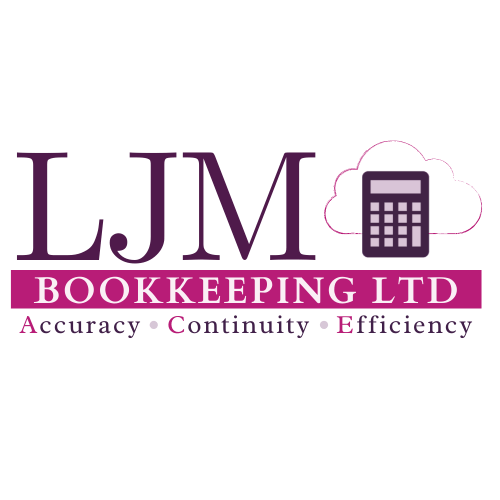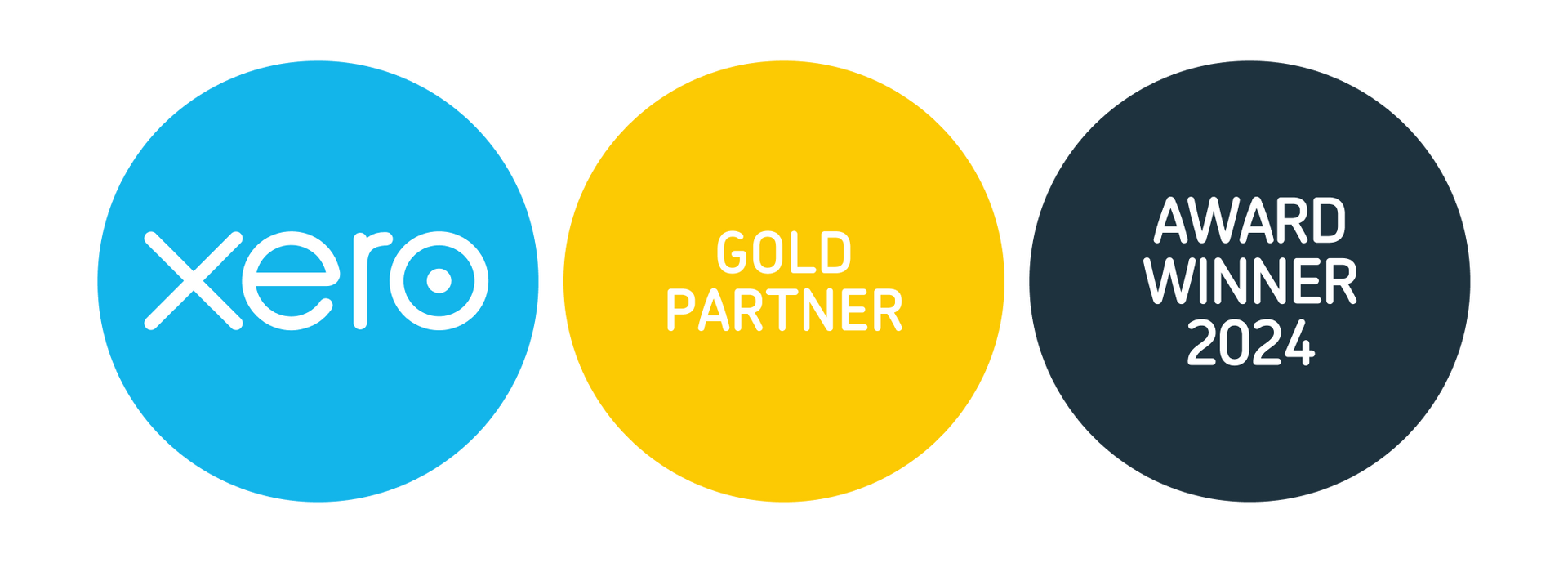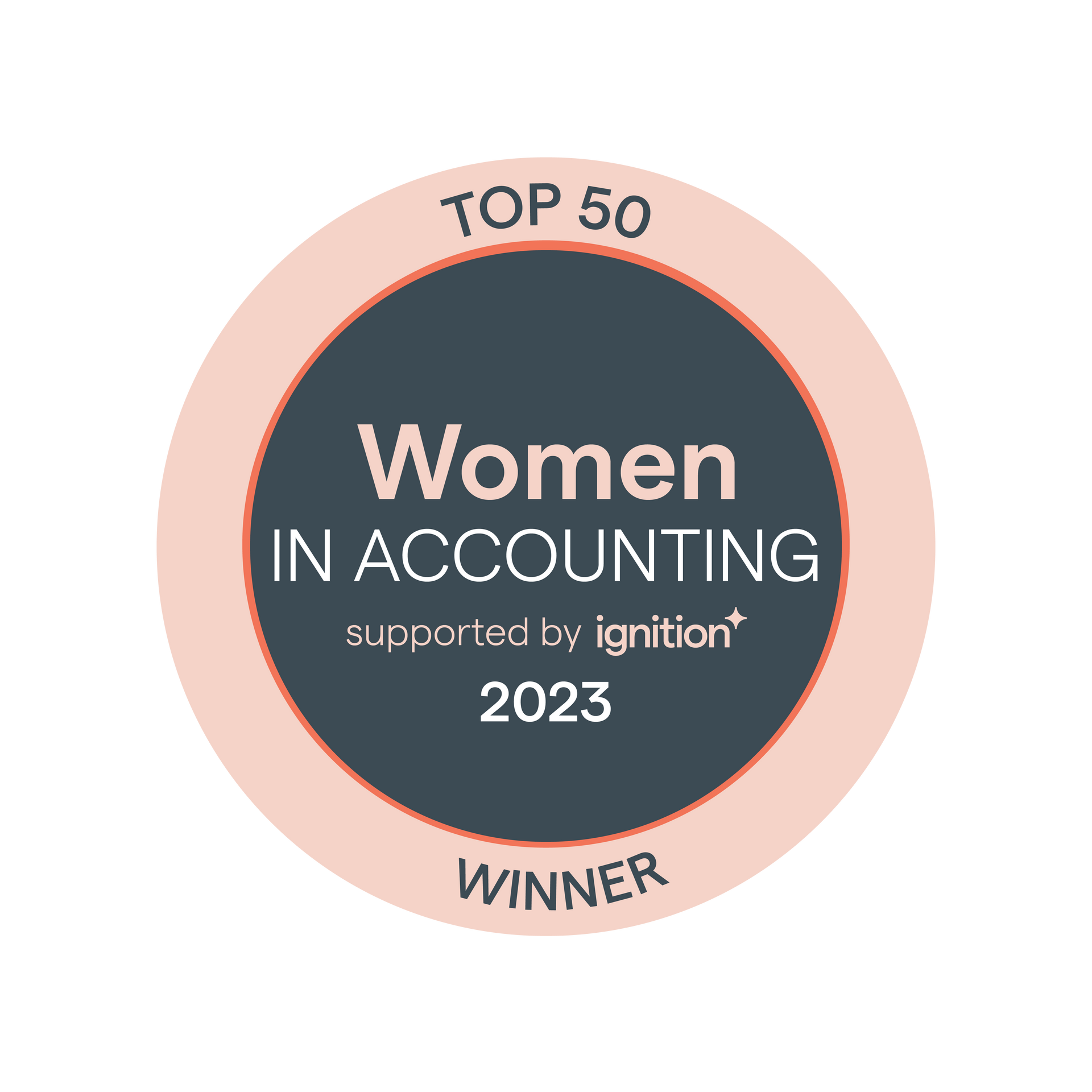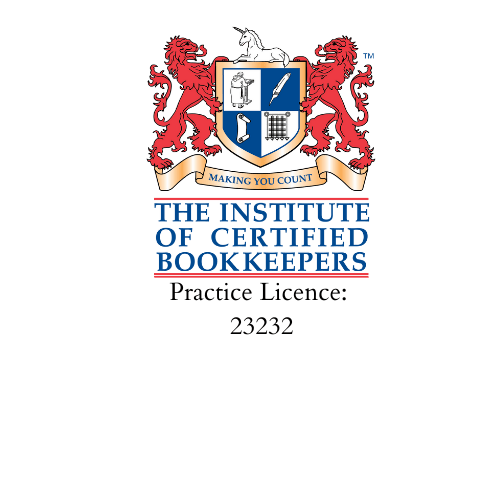The different types of MTD and what you need to know
You’ve probably heard a lot about MTD but do you know what it means for you and your business? We get a lot of questions from our clients about MTD so here’s a summary for you to give you a little guidance and remember you can always reach out to us for some support.
What is MTD?
MTD stands for Making Tax Digital. It is essentially HMRC’s way of bringing tax into the 21st Century. No more paper forms, it is about using software to file and not just giving the total numbers, but some of the background information about how you came to those figures.
VAT registered businesses and MTD
If you’re a VAT registered business you should already be complying with the rules of MTD. You must keep the following records digitally:
- Your company name, address and VAT number
- VAT which you charge and the rate
- VAT which you pay for goods or services
- Adjustments for returns
- Time and value of supply
- VAT reverse charge transactions
- If you use a retail scheme - your total daily gross takings
- If you use the flat rate scheme - items you can reclaim VAT on
- If you’re in the Gold Trade and use the Gold Accounting Scheme - the total sales and the VAT you include
In order to keep these records digitally you must have MTD compatible software. At LJM Bookkeeping Ltd we use Xero which is MTD compatible. This means that all of your accounting is recorded and can be submitted to HMRC through the software.
Making Tax Digital for ITSA
Making Tax Digital for Income Tax Self Assessment (ITSA) won’t come into play now until April 2024. This only applies to unincorporated businesses and landlords whose total business income exceeds £10,000 per year.
When the rules kick in for ITSA in 2024 you will need to submit quarterly updates to HMRC. You will need to provide them with a summary of your income and expenditure for that particular quarter. After the final quarter you will need to make an End of Period Statement for each source of your income. You will also need to submit a final declaration which will need to include any other income you receive such as savings and any investments you may have.
Making Tax Digital for Corporation Tax
It won’t be until 2026 when it becomes mandatory to comply with MTD for Corporation Tax. We expect that HMRC will introduce a pilot scheme for Corporation tax in 2024, so still a while off yet. It’s still good to start getting prepared for it though. Afterall complying to MTD will make your finances more efficient.
At LJM Bookkeeping we have been all set and ready to go for MTD for quite some time, so if you have any questions or would like to get the ball rolling to get compliance in place before you need to then please get in touch.
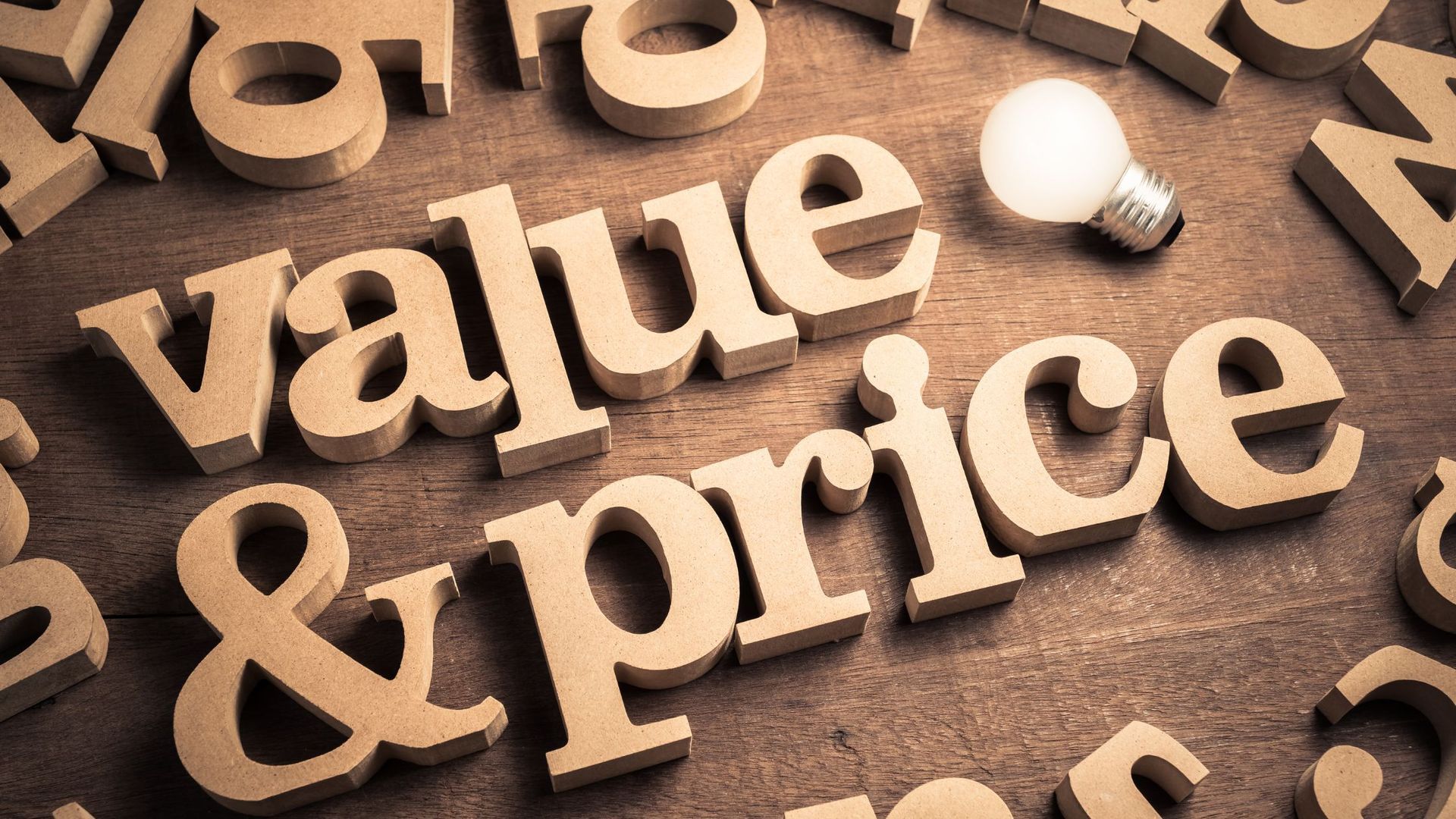

Join the mailing list
Contact Us
We will get back to you as soon as possible.
Please try again later.
